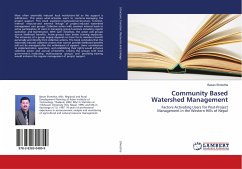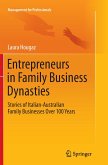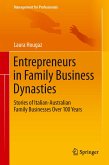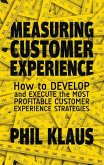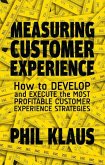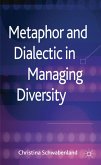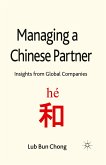Most often externally induced local institutions fail as the support is withdrawn. This poses what activates users to continue managing the project support. This book examines organisational structure, function, internal resource and external linkage of project induced watershed management user groups. Collective action with common interest leads to active participation of users in managing group functions including regular operation and maintenance. With such initiatives, the active user groups accrue livelihood benefits. Active groups have better training exposures. The activeness of a group largely depends on how far its members benefit personally and directly from collective actions. The book concludes that the externally induced collective actions that cannot provide livelihood benefits will not be managed after the withdrawal of support. Users' contribution to implementation, operation, and establishing their rights would enhance collective action and accrual of benefits. Linking the groups with local government, instituting multi-purpose groups and providing training would enhance the regular management of project support.

